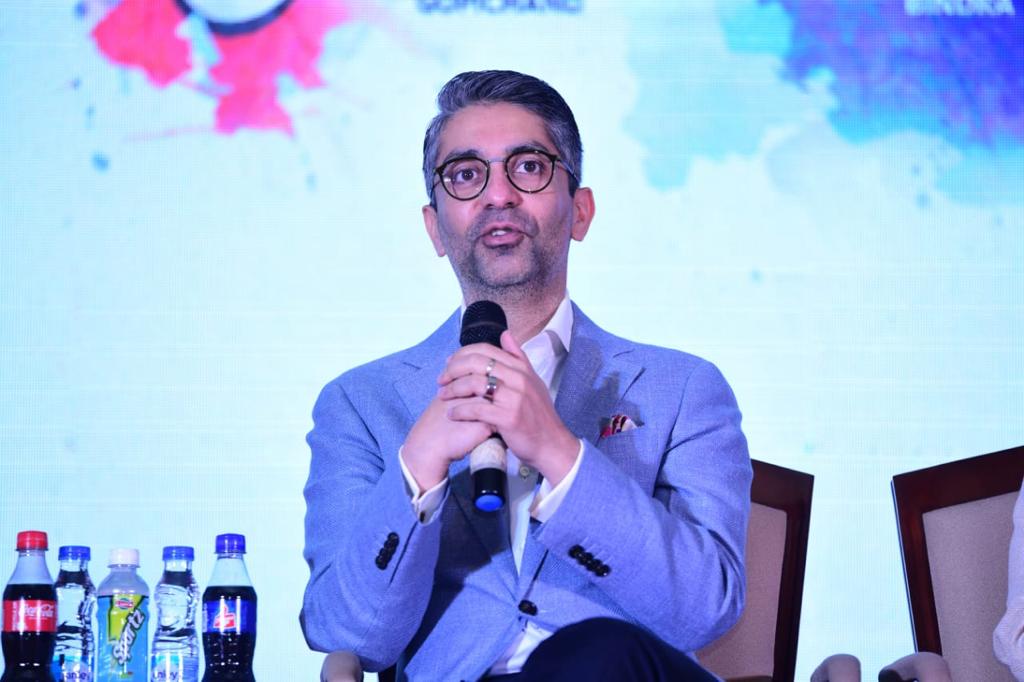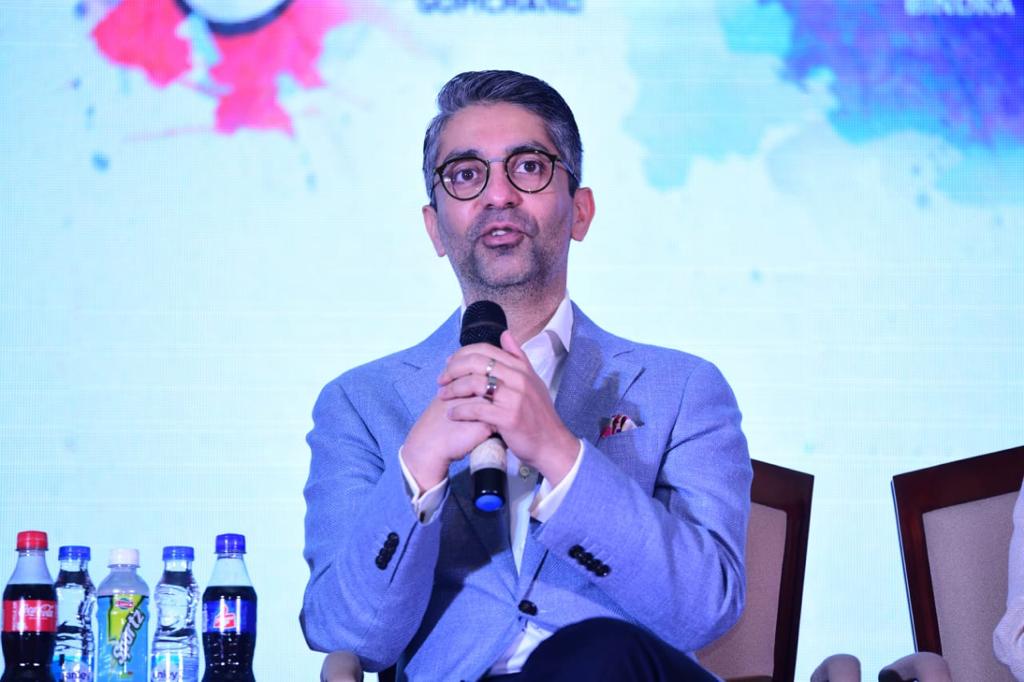In his autobiography, A Shot at History (with Rohit Brijnath), Abhinav Bindra has repeatedly emphasised the importance of timing, a state of full preparedness before the big moment arrives. Being the nation’s first individual Olympic gold medal winner will always make him special. But what makes the ‘Bindra moment’ pivotal for Indian sport/shooting is that it encouraged thousands to take up the sport despite its lack of popular appeal and television coverage.
Bindra’s gold at the Beijing Olympics in 2008 suddenly awakened the country to the significance of the Olympics as an event. Indians realised that they could win Olympic medals as well. It helped satisfy a national yearning and, in the process, made a statement about the significance of sport in an era of escalating political turmoil. Olympic success, the victory demonstrated, held the promise of uniting Indians across the country. For the first time in Indian Olympic history, the media appropriated this victory in a manner commonly associated with cricket.
With Bindra going on to add an Asian Games silver in 2010, a Commonwealth Games gold in 2014, and two more medals at the 2014 Asian Games in Incheon, it is not surprising that his achievements, analysed for hours on television, have made him India’s most-feted shooter ever. He single-handedly unleashed a revolution of sorts in Indian shooting. Indian shooters winning on the world stage is no longer a surprise.
What stands out in the Bindra story is that his legacy didn’t come easy to him. Not many know that Bindra had shot a 4 in his first sighting shot before the final at Beijing in 2008. The second was an equally baffling 4.2. While we still can’t pinpoint the exact reason (in all likelihood, the sights of the rifle went out of sync), his first shot of 10.7 in the final, against this backdrop, helps demonstrate the enormity of the achievement.
Even in Incheon, when almost everyone had written him off before the last shot and thought he would end up fourth, he shot a top-class 10.5. And his Iranian opponent, then up by 0.7 points, ended up shooting a poor 9.6 to give Bindra the bronze medal.
Also Read: “The Quest to be Perfect on an Imperfect day”: Abhinav Bindra
Equally interesting is the reason why he lost in Athens in 2004 after making the final in bronze-medal position. The floor below his position at the range ‘was unsteady’. His coach later discovered it and reported it to the technical committee in attendance. “They discovered the glue wasn’t glued tight and a bubble had formed,” Abhinav wrote in his autobiography. “It meant the tile had a slight bounce. Slight in shooting was fatal. Slight meant I was doomed…”
Born into affluence and with an indoor shooting range in his backyard, he emerged as a shooting star, only to initially taste defeat at the Sydney Olympics in 2000 and then again in Athens in 2004. He could have given up, blamed the system and been content with his World Championship and Commonwealth Games medals. But he persevered. His is a story born out of the pain of loss, and an iron will to succeed.
Looking back, he put it nicely. “22 years of competition, 180 medals, 5 Olympics, 3 Olympic Finals, 1 Olympic Gold. All of it seems a daze. Until it doesn’t. I can now see all this much more clinically and dispassionately. I am no longer a stakeholder in my shooting career. I have exited my investment, as venture capitalists would say. That is my past. And I have a future to think about. But that makes retrospection all the more interesting for me. I was not a natural athlete. In fact, I was a reluctant sports person. Introduced to shooting, I felt this was for me. Something I could see myself doing, making a life of and a career from. For this chance, I navigated my way, from dream to reality and built the personal skills that were necessary to win….Athens 2004 was a wake-up call. In perhaps the most defining incident of my career I came a disappointing 7th in the Olympic final after shooting what I thought was the perfect game. Only much later did I find out that the lane position I was allotted had a loose tile underfoot, which reverberated every time I shot. In a game of micro meters it was amazing that I even hit the target! I went into a depression (literally) after Athens. Months later, I had two obvious choices – one, quit the sport or, two, carry on and accept the incident as ‘bad luck’. I chose a third option and it defined me. I chose the quest for adaptability – to try and be perfect on the imperfect day. I started training under deliberately imperfect conditions, even installing a loose tile in my home range and practicing regularly while standing on it. I trained under low light and bright light, adjusted bulbs and added peculiar shadows, painted the walls the same colours as the relevant Olympic ranges. Extreme behaviour perhaps. But it worked for me and came to my rescue. Had I chosen option two after Athens I would have probably accepted it as fate and given up!”
Abhinav remains one in a billion. And will always remain so.





